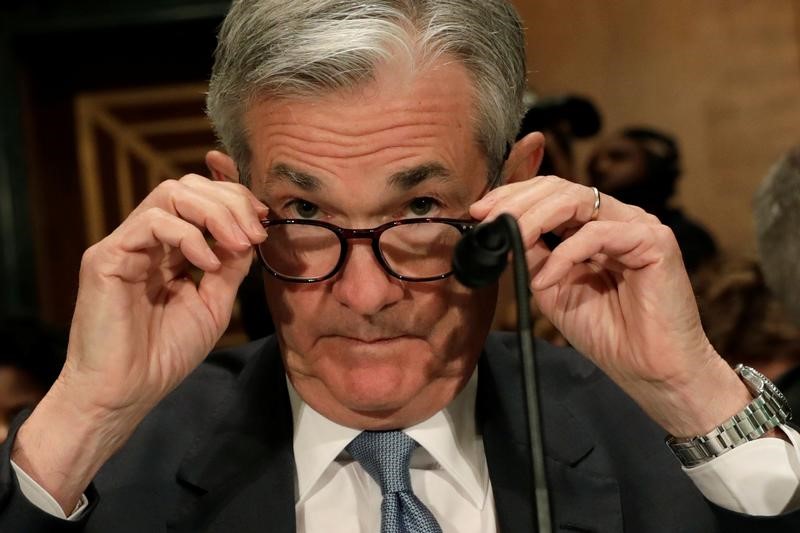By Kaori Kaneko and Elaine Lies
TOKYO (Reuters) - Japanese Prime Minister Shinzo Abe, his popularity plunging amid a cronyism scandal, took responsibility on Monday for a loss of trust in his government but denied he or his wife had intervened in a land sale to a school operator with ties to his wife.
The finance ministry's announcement last week that documents about the discounted sale to educational body Moritomo Gakuen had been altered have sparked a political crisis for Abe, as suspicions swirl about a cover-up and opposition parties call for both the premier and Finance Minister Taro Aso to resign.
Interrogated by a parliamentary panel on Monday, Abe denied directing changes to the documents, in which references to Abe, his wife and Aso were removed from the finance ministry's records of the land sale. He told the panel he had not even known of the documents' existence.
"I did not direct that the documents be altered," he said.
"In fact, I didn't even know that they existed at all, so how could I have done that?"
Two opinion polls published over the weekend showed Abe's support diving to its lowest since he took office in December 2012, and others showed a majority of Japanese believed he bore some responsibility for the scandal.
In an apparent nod to those polls, several of which showed his support sinking into the 30-percent level, Abe acknowledged that public trust had been shaken.
"As head of the government, I keenly feel my responsibility in the matter of the people losing their trust in the administration," he added.
"Ultimately, the responsibility lies with me as prime minister. I would like to apologize once again."
Opposition lawmakers said answers to their questions were unlikely to come from the premier or Aso and renewed their call for Nobuhisa Sagawa, who had headed the division that submitted the documents before he became tax agency chief in July, to testify in parliament. Sagawa resigned 10 days ago.
A majority of people in the opinion polls backed the calls for Sagawa to testify, as well as Abe's wife, Akie. But Abe said on Monday that he would answer any questions on her behalf.
The scandal could dash Abe's hopes of winning a third three-year term as head of his Liberal Democratic Party (LDP) in a September leadership election.
LDP lawmaker Seichiro Murakami, a long-time Abe critic, called for Abe to resign last week.
Worries about political instability briefly sent the Nikkei share average to its lowest point in more than a week on Monday, but market players are waiting to see what comes next.
"The point from here on in is whether or not there is proof that Prime Minister Abe or those near him directly ordered the alteration of the documents. If that comes out, the risk of Abe's resignation will rise," said Naomi Muguruma, senior market economist at Mitsubishi UFJ Morgan Stanley (NYSE:MS) Securities.
Abe has fallen behind his main rival in a survey of who voters would like to see as premier.
According to a Nippon TV poll, 24 percent thought former defense minister Shigeru Ishiba was "most appropriate".
Ishiba was followed by 21.2 percent for Shinjiro Koizumi, the telegenic son of former prime minister Junichiro Koizumi.

Abe drew 14 percent while the biggest percentage - 25 percent - said they didn't know.